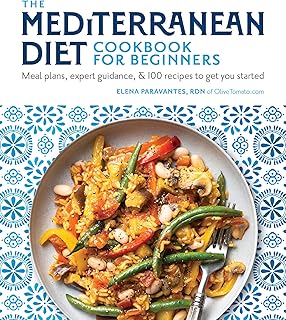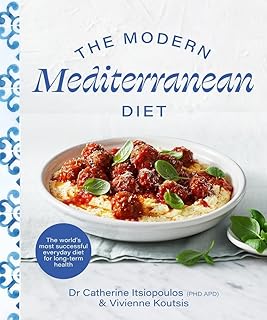The relationship between diet and brain health is a critical area of research, especially with the increasing prevalence of neurodegenerative disorders in aging populations. Understanding how dietary patterns impact cognitive function is essential for developing effective prevention strategies. The Mediterranean diet, known for its health benefits, has emerged as a promising model for promoting brain health. This diet, rich in antioxidants, vitamins, and polyphenols, has been associated with improved cognitive function and cardiovascular health.
Recent studies have highlighted the potential of certain foods like seaweed, blackcurrants, Lion’s Mane mushroom, and chia seeds in enhancing brain health. These foods offer unique nutrients and compounds that may support cognitive function and protect against neurological disorders. For example, chia seeds provide omega-3 fatty acids, antioxidants, and dietary fiber, which are essential for brain health.
While the scientific data on the impact of individual nutrients on brain health is promising, challenges remain in understanding the complex relationship between nutrition and cognitive function. Factors such as genetic predisposition, gut microbiota composition, and lifestyle variables contribute to individual variability in dietary responses. Personalized dietary strategies are crucial for optimizing brain health outcomes.
Long-term adherence to healthy dietary regimens can be challenging, and efforts to enhance compliance through modified approaches and behavioral interventions are necessary. Rigorous clinical trials are needed to translate scientific findings into evidence-based dietary recommendations. Understanding the interactions between different dietary components and their collective impact on brain health is essential for formulating comprehensive dietary guidelines.
As research progresses, a deeper mechanistic understanding of how specific dietary components influence brain function will pave the way for tailored interventions targeting neurodegenerative diseases. Making neuroprotective dietary strategies accessible to diverse populations and integrating them into public health frameworks are key for promoting healthy eating habits and preventing cognitive decline.
In conclusion, the intricate interplay between nutrition and brain health underscores the importance of holistic approaches to cognitive resilience. As we navigate the complexities of dietary influences on the brain, the promise of personalized, evidence-based interventions offers hope for a healthier and more resilient cognitive landscape for individuals and societies.
📰 Related Articles
- Unlocking the Health Benefits of Chia Seeds in Your Diet
- Unlocking the Health Benefits of Chia Seeds in Your Diet
- Unlocking the Power of Chia Seeds for Optimal Health
- Unlocking the Health Benefits of Chia Seeds: Expert Insights
- Unlocking the Health Benefits of Chia Seeds: A Nutrient Powerhouse






